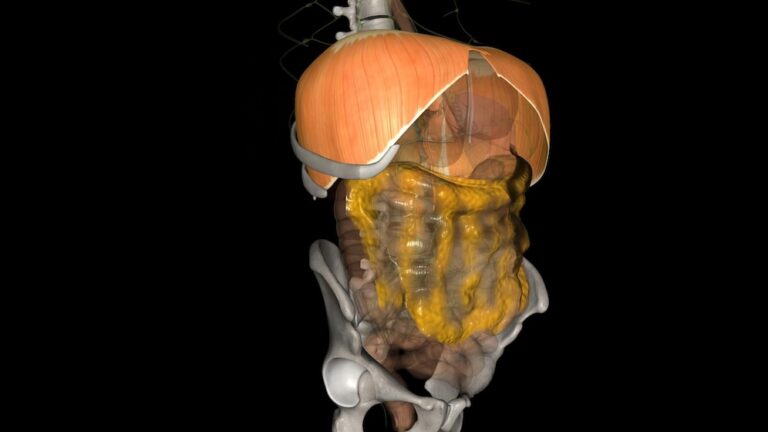Psychological And Social Implications Of Circumcision
Circumcision, the surgical removal of the foreskin from the penis, has been practiced for centuries and holds significant cultural, religious, and medical importance in various societies. However, beyond its physical implications, circumcision also carries psychological and social implications that can impact individuals throughout their lives. In this article, we delve into the psychological and social dimensions of circumcision, exploring its effects on individuals’ identity, self-esteem, and social interactions.
Historical and Cultural Context
Circumcision has deep roots in cultural and religious traditions, with practices varying widely across different communities and regions. In some cultures, circumcision is considered a rite of passage, symbolizing masculinity, purity, or religious devotion. These cultural beliefs often shape individuals’ perceptions of themselves and others, influencing their attitudes toward circumcision and its significance.
Psychological Impact on Individuals
The psychological effects of circumcision can vary depending on factors such as age at the time of the procedure, cultural background, and individual experiences. For some individuals, circumcision may have little to no psychological impact, especially if it is performed during infancy and is consistent with familial or cultural norms. However, for others, circumcision can elicit feelings of loss, trauma, or identity confusion, particularly if it was performed without their consent or if they perceive it as a violation of bodily autonomy.
Studies have shown that circumcision during infancy or childhood can have long-term psychological effects, including altered body image, decreased satisfaction with sexual function, and increased feelings of anger or resentment toward parents or society. Additionally, individuals who undergo circumcision later in life may experience heightened psychological distress, as they grapple with the decision-making process and the physical and emotional repercussions of the procedure.
Social Implications and Peer Dynamics
Circumcision can also influence social interactions and peer dynamics, especially during adolescence and adulthood. In cultures where circumcision is common, uncircumcised individuals may face stigma or social ostracization, leading to feelings of inadequacy or insecurity about their bodies. Conversely, in communities where circumcision is less prevalent, circumcised individuals may encounter curiosity or scrutiny from their peers, potentially fueling self-consciousness or discomfort.
Furthermore, circumcision status can intersect with other aspects of identity, such as religion, ethnicity, or cultural background, shaping individuals’ sense of belonging and acceptance within their communities. Differences in circumcision status may contribute to social divisions or hierarchies, exacerbating feelings of alienation or exclusion among certain groups.
Gender Dynamics and Sexual Relationships:
The psychological and social implications of circumcision also extend to intimate relationships and sexual dynamics. Circumcision status can influence perceptions of sexual attractiveness, pleasure, and performance, both within romantic partnerships and broader social contexts. Individuals may feel pressure to conform to societal norms or expectations regarding circumcision, leading to anxiety or insecurity about their sexual identity or desirability.
Additionally, misunderstandings or misconceptions about circumcision and its effects on sexual function may contribute to communication barriers or relationship conflicts, highlighting the need for open and honest dialogue about these issues. Couples navigating differences in circumcision status must navigate cultural, religious, and personal beliefs while prioritizing mutual respect and understanding.
Cultural Sensitivity and Individual Autonomy
In light of the complex psychological and social implications of circumcision, it is essential to approach discussions and decisions about circumcision with sensitivity, empathy, and respect for individual autonomy. Recognizing the diversity of perspectives and experiences surrounding circumcision, healthcare providers, parents, and communities must prioritize informed consent, ensuring that individuals have access to comprehensive information about the procedure, its risks, and its potential impacts on physical and psychological well-being.
Conclusion
Circumcision is a multifaceted practice with profound psychological and social implications for individuals across the lifespan. While cultural, religious, and medical considerations shape attitudes toward circumcision, it is essential to acknowledge and address the psychological effects of the procedure, including its impact on body image, self-esteem, and social interactions. By fostering open dialogue, promoting cultural sensitivity, and respecting individual autonomy, we can create a more inclusive and supportive environment for individuals navigating the complexities of circumcision and its aftermath.







